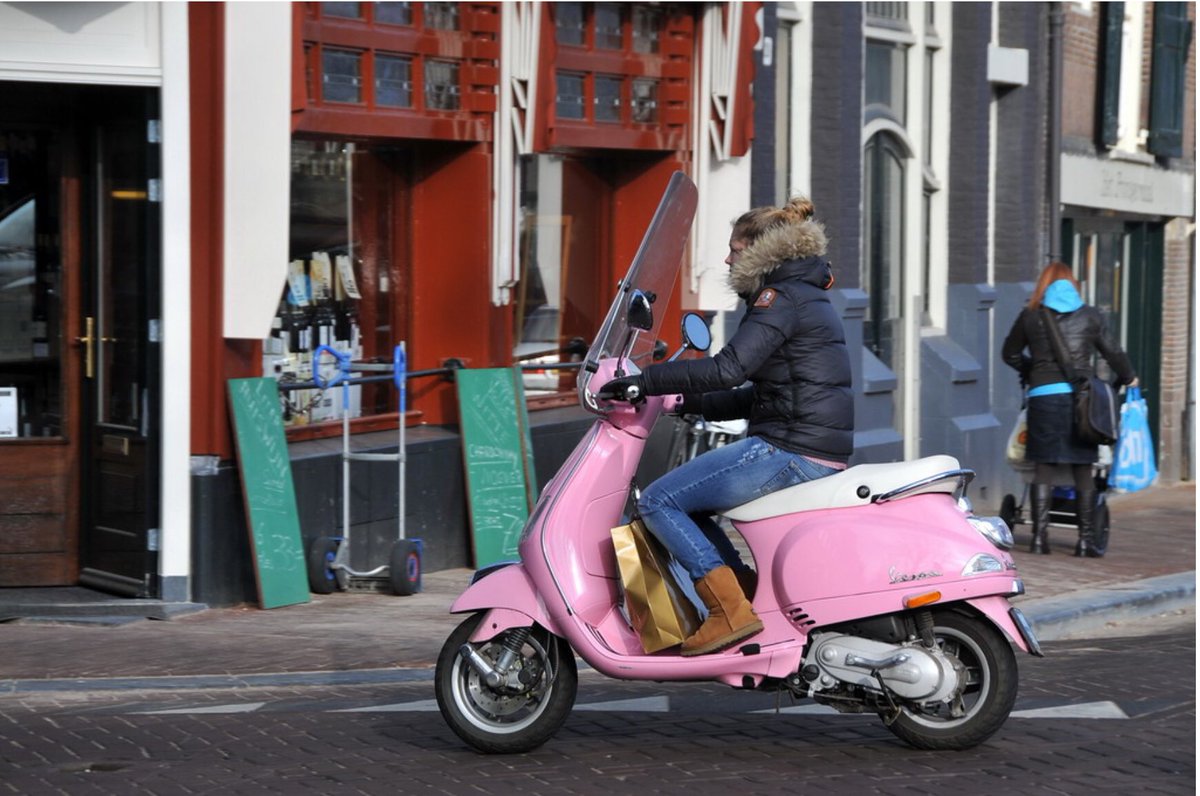If you've always dreamed of being crushed to death wearing an inflatable crown and oversized sunglasses, please feel free to join the rest of the world in Amsterdam this Saturday. 

At dawn on King's Day, 27 April, police run house-to-house checks to ensure that everyone is outdoors, wearing at least one orange novelty item (underwear doesn't count) and carrying at least one six-pack. Anyone caught not smiling is jailed and has to help clean up on 28 April. 

Dutch people who have run over animals in the previous year don outrageous costumes and try to sell bric-a-brac to passersby in an effort to shame themselves and thereby clear their conscience. You are permitted to loudly mock these people, increasing their chance of absolution. 

Every year, Dutch people who are unemployed are forced to take a two-week crash course during which they are taught to play a musical instrument, so that they can earn some cash on King's Day. These people have the option of sending their children on this course if they wish. 

Contrary to popular belief, not all Dutch people have an innate or god-given ability to steer boats, and despite very strict health and safety laws, no one really knows how many people can actually fit into a boat before it sinks. Aptly, many Dutch metaphors involve drowning. 

If you have any further questions about King's Day, please feel free to post it below. This offer is also open to Dutch people, many of whom have only a sketchy knowledge of their own traditions and their sinister history. Did you know, for instance...
...that the annual celebration of the Queen's or King's birthday was a simple ploy to root out elements of society that were not loyal to the Dutch crown? Even today, you may still be accosted in the street by drunken revellers asking why you aren't dressed in orange.
• • •
Missing some Tweet in this thread? You can try to
force a refresh








